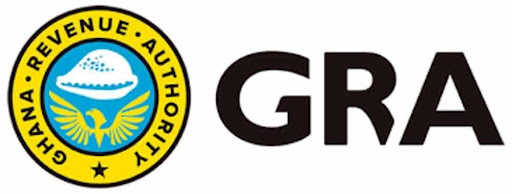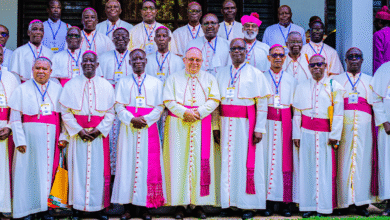Ghana Revenue Authority to Tax Cryptocurrency Profits

As cryptocurrency and other digital assets become mainstream in Africa, government agencies are working tirelessly to regulate and properly oversee the sector. One of the recent developments in this regard is the announcement by the Ghana Revenue Authority GRA) that it will soon begin to tax crypto profits.Â
On Thursday, 28 August 2025, while speaking to local news outlets, Anthony Kwasi Sarpong, the GRA’s Commissioner-General, said that crypto traders in Ghana will no longer be able to evade taxes as the GRA is set to introduce a new tool to track revenue gotten from digital assets.Â
This news comes as cryptocurrency is becoming widely accepted in the country, with many using it for daily transactions and even for online gaming. For example, a review by cardplayer.com shows that the best crypto casinos work like regular casinos but allow crypto payments in Bitcoin and other major tokens. This makes sign-ups faster, with fewer ID checks, while still giving players access to games like roulette, live dealers, slots, and poker.
The Commissioner-General admitted that the crypto industry in Ghana is evolving quickly, and investors in the sector are reaping the benefits of their investments. And he’s right. As of mid-last year, about 17.3% of Ghanaian adults, which is over 3 million people, own cryptocurrency.Â
He also mentioned that to keep up with the growth in the industry, the GRA is coming up with laws as it continues to work closely with the Bank of Ghana and the Securities and Exchange Commission.Â
The tax law is not a new one, as existing regulations already require all forms of businesses, both online and offline, to pay taxes if they make a profit. He explained that with the new system the GRA is building, the goal is to merge the current tax system and the digital asset economy to eliminate any loopholes.Â
This way, the government can track all the transactions in its digital economy and ensure that all parties involved comply with the law. Through its new tool, the GRA can ensure that no one slips out of the tax net.
In his address, the Commissioner-General admitted that Ghana’s digital economy is here to stay, and the government needs to be digitally prepared for the future. The GRA has also set a timeline for introducing its new tool. It will run a pilot phase this September, and if successful, it will fully implement the system by the end of the year.
More importantly, Sarpong clarified that introducing a new technology to monitor crypto taxes is not going to bring new taxes; instead, it will align with President Mahama’s fiscal strategy, which is to maximize already existing laws. He mentioned that there are enough measures in the current tax laws; the goal now is to expand them and deepen the tax net.
This development also comes as the parliament is expected to sit on a proposed regulatory framework for the cryptocurrency industry this month. Earlier this year, the Bank of Ghana set a deadline for September 2025 to come up with a comprehensive regulatory framework to help the Ghanaian government properly govern the digital asset economy, generate revenue, and also stabilize the national currency.
Through these efforts, the government wants to keep its economy stable while encouraging sustainable growth in the crypto industry. If successful, the GRA and the Ghanaian government will join a host of other African countries that are pushing to formalize taxes on crypto transactions as digital assets become more popular on the continent.Â



